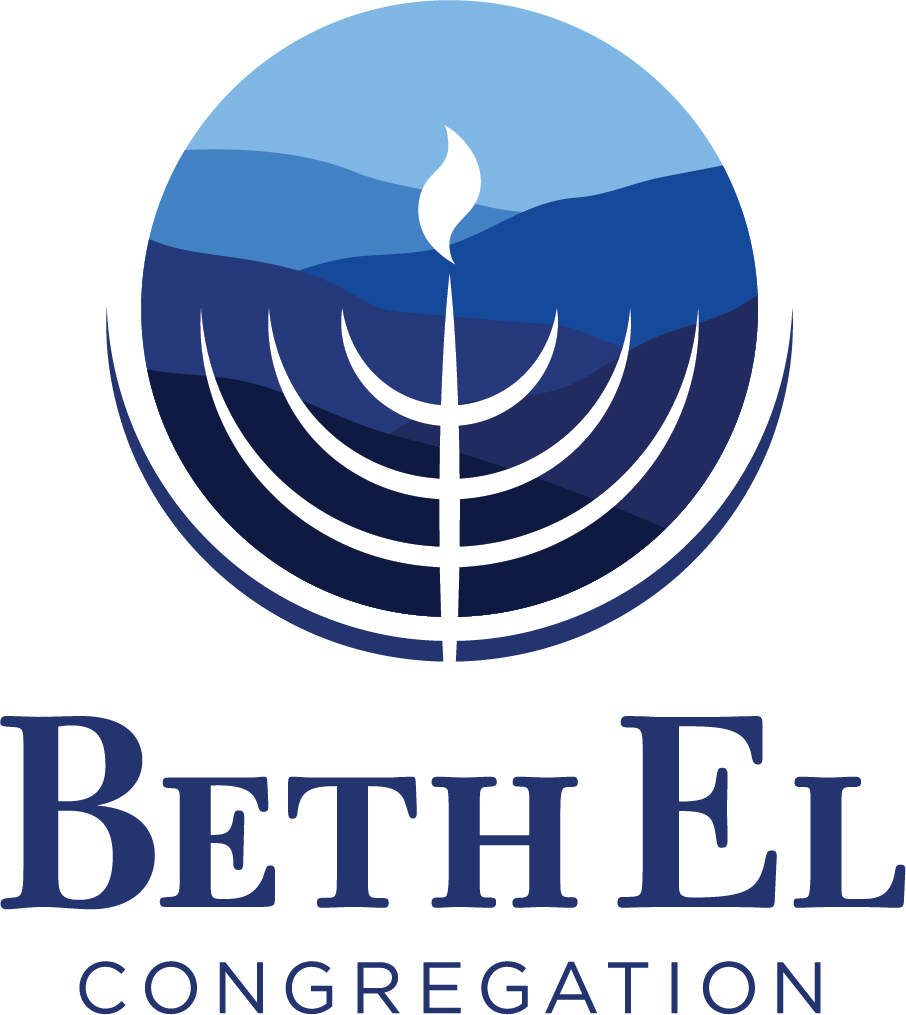D’var Torah – August 22
Shabbat Shalom!
I hope this finds you all well.
Oftentimes when we read Torah, we say “That’s cool, but what they’re talking about took place thousands of years ago. It can’t possibly relate to our lives here and now.” But other times, it might as well have been written five minutes ago.
Case in point – in this week’s parasha of Re’eh (Deuteronomy 11:26-16:17) we receive the following mitzvah (commandment): “You will consecrate to Adonai your God all male first-born in your herd and in your flock: you must not work your first-born.” (Deuteronomy 15:19).
In other words, the first-born male cattle and sheep in one’s possession are meant to be offered up as sacrifices to God and therefore can serve no other role, function, or purpose (ex: shearing their wool, using them to plow the fields, etc.).
At first glance, this falls under the “um cool, what does this have to do with me?” principle. After all, sacrifices have not been conducted since the destruction of the Holy Temple in Jerusalem 2,000 years ago.
However, when we really start thinking about it, it’s far more relevant and apropos then we can possibly imagine.
– Who has ever read the headlines where some high-ranking official got in trouble for forcing their subordinates to run personal errands for
them that were clearly outside their job description and duties and responsibilities?
– Who has ever quit a job because their boss was calling them with work issues off hours and on the weekends?
– Who has ever heard of someone getting divorced because they prioritized their job or career over their family?
– Who has ever heard of someone being let go for conducting a side business or excessive personal matters on company time?
– And finally, who has ever read of an employee who was fired (or even charged) for using company resources (vehicles, gas, etc.) for
personal use?
The power and relevance of this commandment is that it reminds us about the importance of Havdalah. Havdalah? Wait – isn’t that the ceremony on Saturday night that marks the end of Shabbat? Yes, it is. Havdalah literally means “SEPARATION”.
In other words, work hours are for work, family time is for family, and a grocery budget is for groceries only. Just as the first-born male sheep and cattle were specifically designated, set apart, prioritized, guarded, and consecrated for a specific role and purpose, so too must we likewise silo and guard the various parts of life. If we don’t, they risk becoming watered-down and even meaningless. Raba of the Talmud taught, “Designate fixed times for the study of Torah,” (Eruvin 54b) and in the Book of Exodus we read, “Remember the sabbath day, to keep it holy. Six days you will labor, and do all your work; but the seventh day is a sabbath for Adonai your God, on it you will not do any manner of work – you, nor your son, nor your daughter, nor your servants, nor your cattle, nor the stranger that is within your gates…”(Exodus 20:7-9). Both of these examples reinforce this notion of sacred separation.
Bizrat HaShem, with God’s help, may we all be inspired to guard and consecrate the various parts of our lives with the kedusha (holiness), kavod (honor) and respect that they deserve.
Wishing you a Good Shabbos and a great weekend.
Bivrakha,
Rabbi Aaron Stucker-Rozovsky
Beth El Congregation | 520 Fairmont Ave, Winchester, VA 22601
(540) 667-1889 (office)
